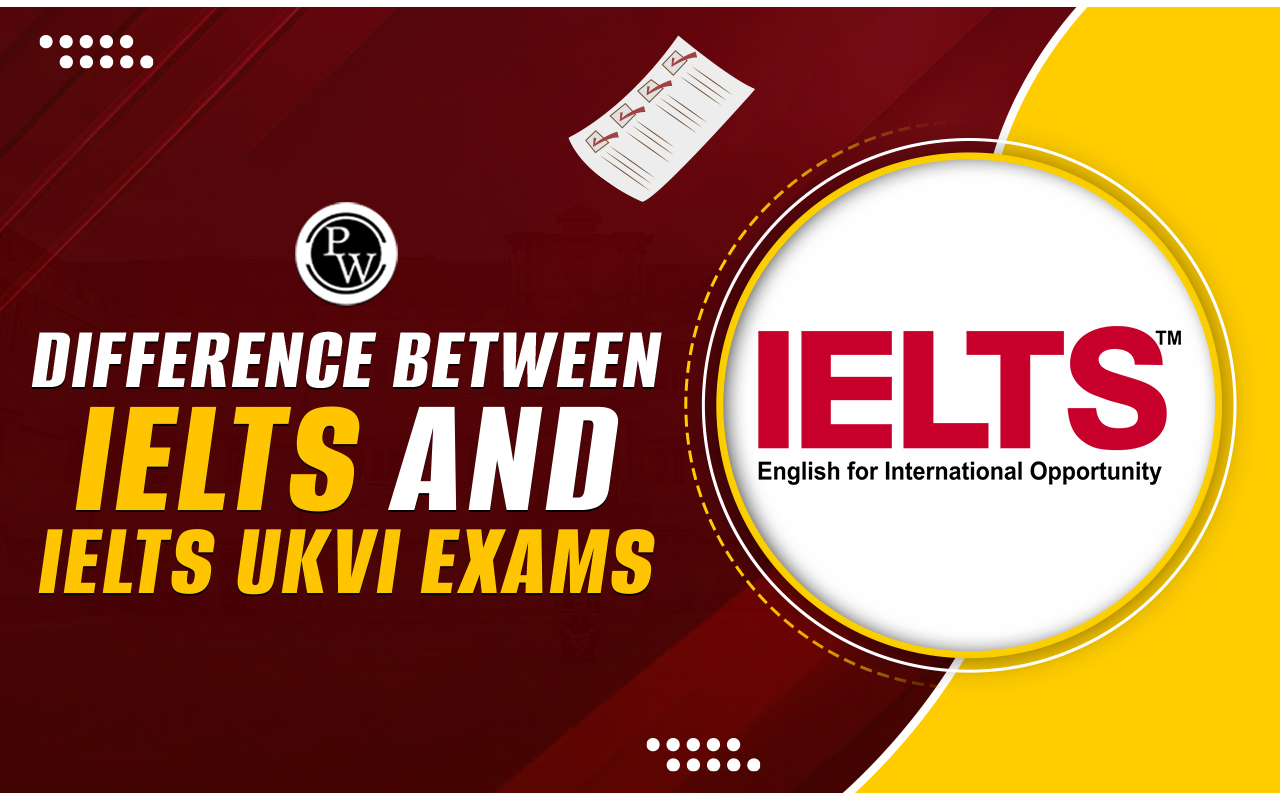

Endangered Languages Reading Answers: The IELTS Reading test, “Endangered Languages Reading Answers” includes a total of 14 questions in various categories including Matching Headings, True False Not Given, and Multiple Choice Questions. Students should complete the “Endangered Languages Reading Answers” sample questions within 20 minutes to attempt the complete IELTS Reading test within 60 minutes. Students are advised to draft their own answers while solving the “Endangered Languages Reading Answers” passage to get a better grip on the IELTS Reading test.
Free IELTS Reading Practice Tests, Cambridge Sample Test PDF
Endangered Languages Reading Answers Passage
Endangered Languages Reading Passage
Paragraph A: ‘Nevermind whales, save the languages’, says Peter Monaghan, a graduate of the Australian National University Worried about the loss of rainforests and the ozone. Where is the layer at linguistics meetings in the US? Well, neither of those is doing any worse than the endangered-language issue that has of late been a large majority of the 6,000 to 7,000 languages that are something of a flavour of the month; they remain in use on Earth. One-half of the survivors will show growing evidence that not all approaches to this will almost certainly be gone by 2050, while 40% more preservation of languages will be particularly will probably be well on their way out. In their place, helpful. Some linguists boast that, for example, almost all humans will speak one of a handful of more and more sophisticated means of capturing mega languages – Mandarin, English, and Spanish.
Paragraph B: Linguists know what causes languages to disappear, but less often remarked is what happens on the way to disappearance: languages’ vocabularies, grammar, and expressive potential all diminish as one language is replaced by another. ‘Say a community goes over from speaking a traditional Aboriginal language to speaking a creole*,’ says Australian Nick Evans, a leading authority on Aboriginal languages, ‘you leave behind a language where there’s a very fine vocabulary for the landscape. All that is gone in a creole. You’ve just got a few words like ‘gum tree’ or whatever. As speakers become less able to express the wealth of knowledge that has filled ancestors’ lives with meaning over millennia, it’s no wonder that communities tend to become demoralised.’Paragraph C: If the losses are so huge, why are relatively few linguists combating the situation? Australian linguists, at least, have achieved a great deal in terms of preserving traditional languages. Australian governments began in the 1970s to support an initiative that has resulted in good documentation of most of the 130 remaining Aboriginal languages. In England, another Australian, Peter Austin, has directed one of the world’s most active efforts to limit language loss at the University of London. Austin heads a program that has trained many documentary linguists in England as well as in language-loss hotspots such as West Africa and South America.
Paragraph D: At linguistics meetings in the US, where the endangered language issue has of late been something of a flavour of the month, there is growing evidence that not all approaches to the preservation of languages will be particularly helpful. Some linguists boast, for example, of more and more sophisticated means of capturing languages: digital recording and storage, as well as internet and mobile phone technologies. But these are encouraging the ‘quick dash’ style of recording trips: fly-in, switch on a digital recorder, fly home, download to the hard drive, and store gathered material for future research. That’s not quite what some endangered language specialists have been seeking for more than 30 years. Most loud and untiring has been Michael Krauss of the University of Alaska. He has often complained that linguists are playing with non-essentials while most of their raw data is disappearing.Paragraph E: Who is to blame? That prominent linguist Noam Chomsky, Krauss, and many others. Or, more precisely, they blame those linguists who have been obsessed with his approaches. Linguists who go out into communities to study, document, and describe languages argue that theoretical linguists, who draw conclusions about how languages work, have had so much influence that linguistics has largely ignored the continuing disappearance of languages. Chomsky, from his post at the Massachusetts Institute of Technology, has been a great man of theoretical linguistics for far longer than he has been known as a political commentator. His landmark work of 1957 argues that all languages exhibit certain universal grammatical features encoded in the human mind. American linguists, in particular, have focused largely on theoretical concerns ever since, even while doubts have mounted about Chomsky’s universal.
Paragraph F: Austin and Co. are in no doubt that because languages are unique, even if they do tend to have common underlying features, creating dictionaries and grammar requires prolonged and dedicated work. This requires that documentary linguists observe not only languages’ structural subtleties but also related social, historical, and political factors. Such work calls for persistent funding of field scientists who may sometimes have to venture into harsh and even hazardous places. Once there, they may face difficulties such as community suspicion. As Nick Evans says, a community that speaks an endangered language may have reasons to doubt or even oppose efforts to preserve it. They may have seen support and funding for such work come and go. They may have given up using the language with their children, believing they will benefit from speaking a more widely understood one. Plenty of students continue to be drawn to the intellectual thrill of linguistics fieldwork. That’s all the more reason to clear away barriers, contend Evans, Austin, and others.
Paragraph G: The highest barrier, they agree, is that the linguistics profession’s emphasis on theory gradually wears down the enthusiasm of linguists who work in communities. Chomsky disagrees. He has recently begun to speak in support of language preservation. But his linguistic, as opposed to the humanitarian, argument is, let’s say, unsentimental: the loss of a language, he states, ‘is much more of a tragedy for linguists whose interests are mostly theoretical, like me, than for linguists who focus on describing specific languages, since it means the permanent loss of the most relevant data for general theoretical work’. At the moment, few institutions award doctorates for such work, and that’s the way it should be, he reasons. In linguistics, as in every other discipline, he believes that good descriptive work requires thorough theoretical understanding and should also contribute to building new theories. But that’s precisely what documentation does, objects Evans. The process of immersion in a language, to extract, analyse and sum it up, deserves a Ph.D. because it is ‘the most demanding intellectual task a linguist can engage in’.Endangered Languages Reading Answers Sample Questions
Endangered Languages Reading Answers:
Questions 1-6 Do the following statements agree with the information given in the Reading Passage?In boxes 1-6 on your answer sheet, write:
- Most languages currently spoken will disappear by the year 2050.
- Aboriginal languages have unique and detailed vocabularies for describing the landscape.
- Peter Austin’s program at the University of London focuses only on preserving English dialects.
- Digital technology has completely solved the problem of language preservation.
- Michael Krauss believes too much focus is placed on technology rather than language documentation.
- Theoretical linguists often travel to remote communities to document endangered languages.
1. Most languages currently spoken will disappear by 2050.
YES – Paragraph A mentions that “one-half of the survivors will almost certainly be gone by 2050,” supporting this statement directly.
2. Linguists are indifferent to the disappearance of languages.
NO – Paragraph C highlights that linguists like Peter Austin and Nick Evans are actively working to preserve languages, indicating that linguists are concerned about this issue.
3. Recording endangered languages with modern technology is sufficient to preserve them.
NO – Paragraph D explains that while technology like digital recording helps, it promotes “quick dash” methods that are not favored by specialists, showing this approach is not fully sufficient.
4. Noam Chomsky believes linguistic theory is more important than preserving specific languages.
YES – Paragraph G mentions that Chomsky sees language loss as “more of a tragedy for theoretical linguists” because it results in the loss of data for theory building.
5. Linguists often face opposition from communities they work with.
YES – Paragraph F mentions that some communities doubt or oppose preservation efforts, believing it may not benefit them.
6. Funding for documenting endangered languages is increasing.
NOT GIVEN – While the passage mentions efforts in various countries, it does not specify whether funding is increasing or decreasing.
Endangered Languages Reading Answers: Questions 7-10 Choose the correct letter: A, B, C, or D.7. According to the passage, why do some endangered languages disappear?
| Endangered Languages Reading Answers | ||
|---|---|---|
| Questions | Answers | Explanation |
| What does Nick Evans believe happens when a community shifts to speaking a creole? | A. They lose rich vocabulary about their environment. | Paragraph B states that when communities shift to speaking creole, they leave behind fine vocabulary, losing detailed terms related to their surroundings. |
| Why do some linguists criticize digital recording of languages? | C. It lacks the depth needed for true preservation. | Paragraph D mentions that digital recording encourages superficial work (“quick dash”), which does not meet the preservation goals of specialists. |
| What makes descriptive linguistics difficult according to Paragraph F? | D. It requires understanding social and political factors. | Paragraph F highlights that descriptive linguistics involves analyzing social, historical, and political factors, which adds complexity. |
| 10. Why are many linguists discouraged from preserving languages, according to Paragraph G? | B. The emphasis on theory reduces their enthusiasm. | Paragraph G points out that the focus on theoretical linguistics “wears down the enthusiasm” of linguists involved in language documentation. |
Endangered Languages Reading Answers:
Questions 11-14 Complete each sentence with the correct ending A-G below.
Write the correct letter A-G in boxes 11-14 on your answer sheet.11. Nick Evans believes that when traditional languages are lost, communities
- Should You Use All Capital Letters in the IELTS Listening and Reading Tests
- IELTS Reading Mistakes
- How to Improve IELTS Reading Score
- How to Manage Time in IELTS Reading
Guidance of PW IELTS
PhysicsWallah offers a few popular online IELTS courses for all students. Follow our IELTS articles to better prepare for the exam.| IELTS Exam Other Related Links | |
|---|---|
| IELTS Registration | IELTS Eligibility Criteria |
| IELTS Exam Pattern | IELTS Syllabus |
| IELTS Exam Dates | IDP IELTS Test Centers |
Endangered Languages Reading Answers FAQs
Q. Why is language extinction a concern for linguists?
Q. How does modern technology help preserve languages?
Q. Why do communities sometimes resist language preservation efforts?
Q. What role do linguists play in saving endangered languages?











